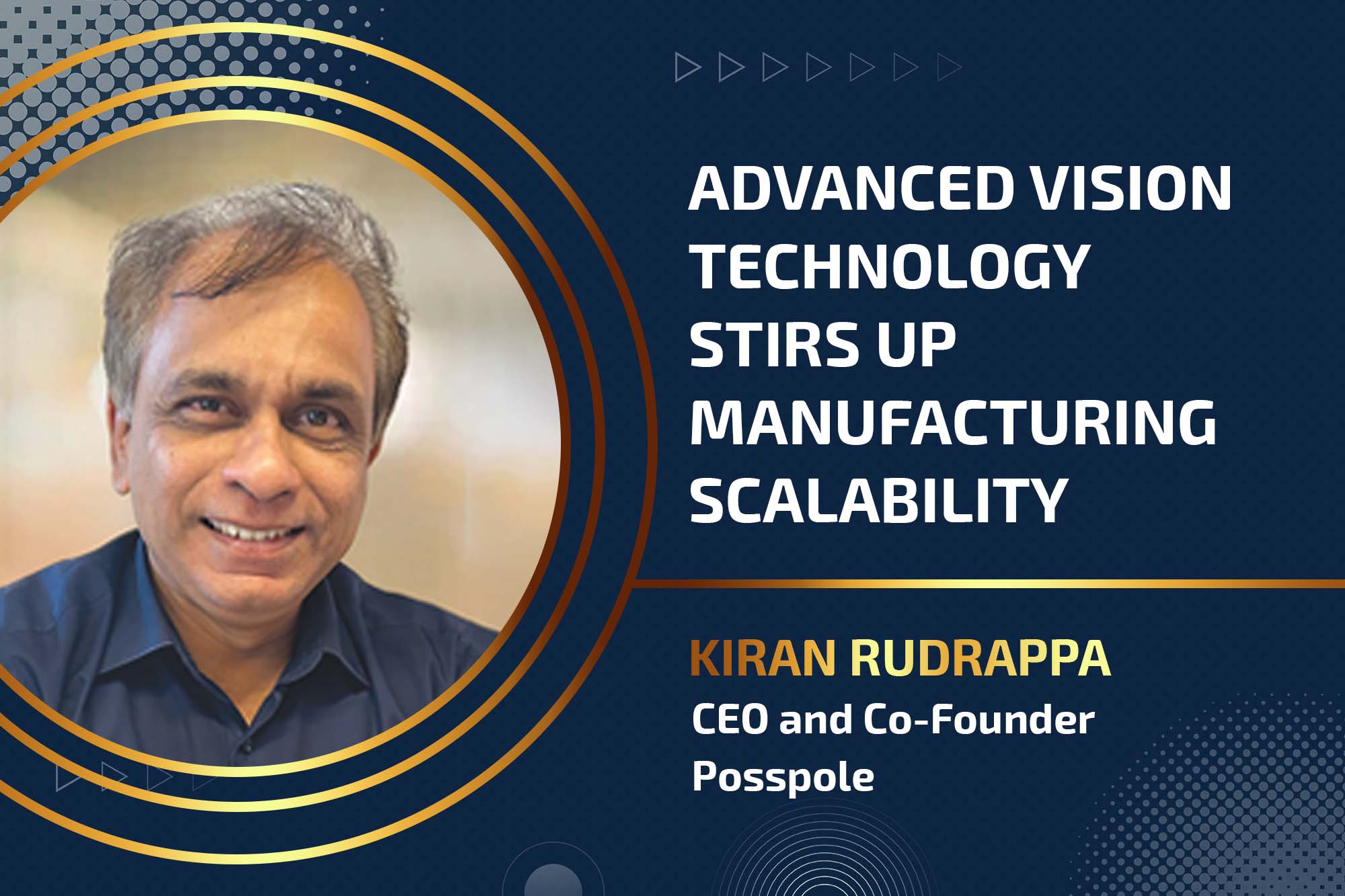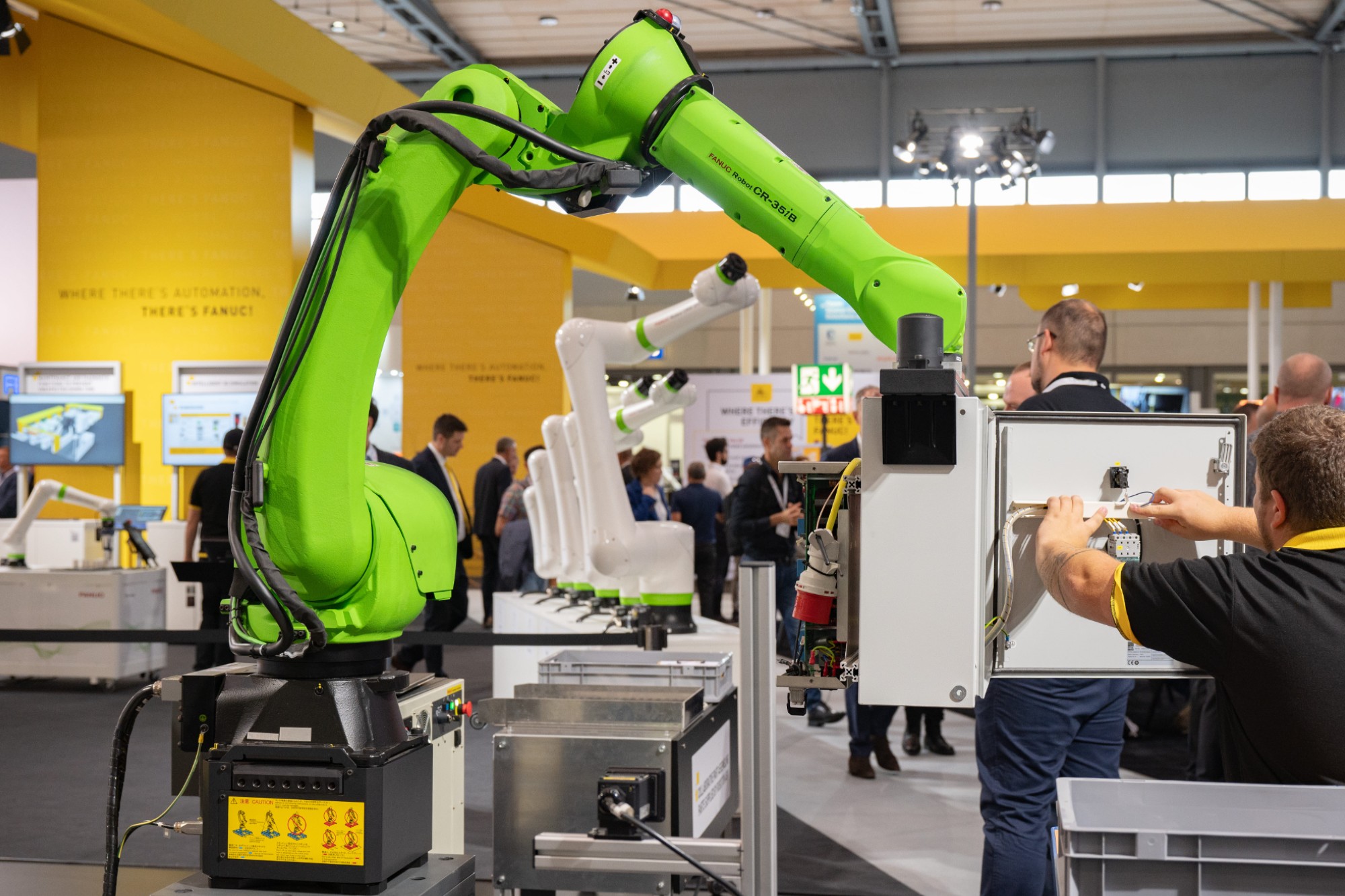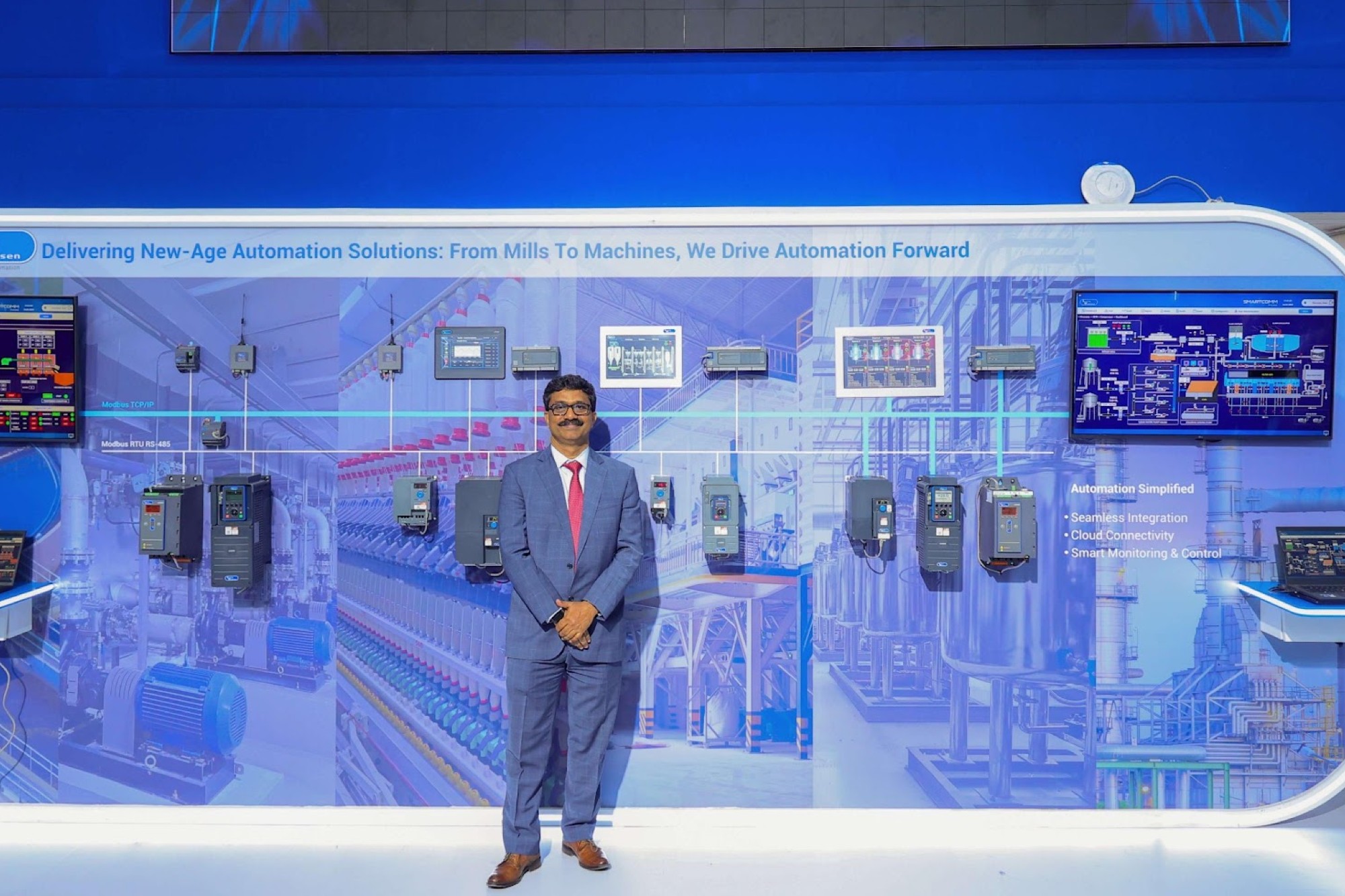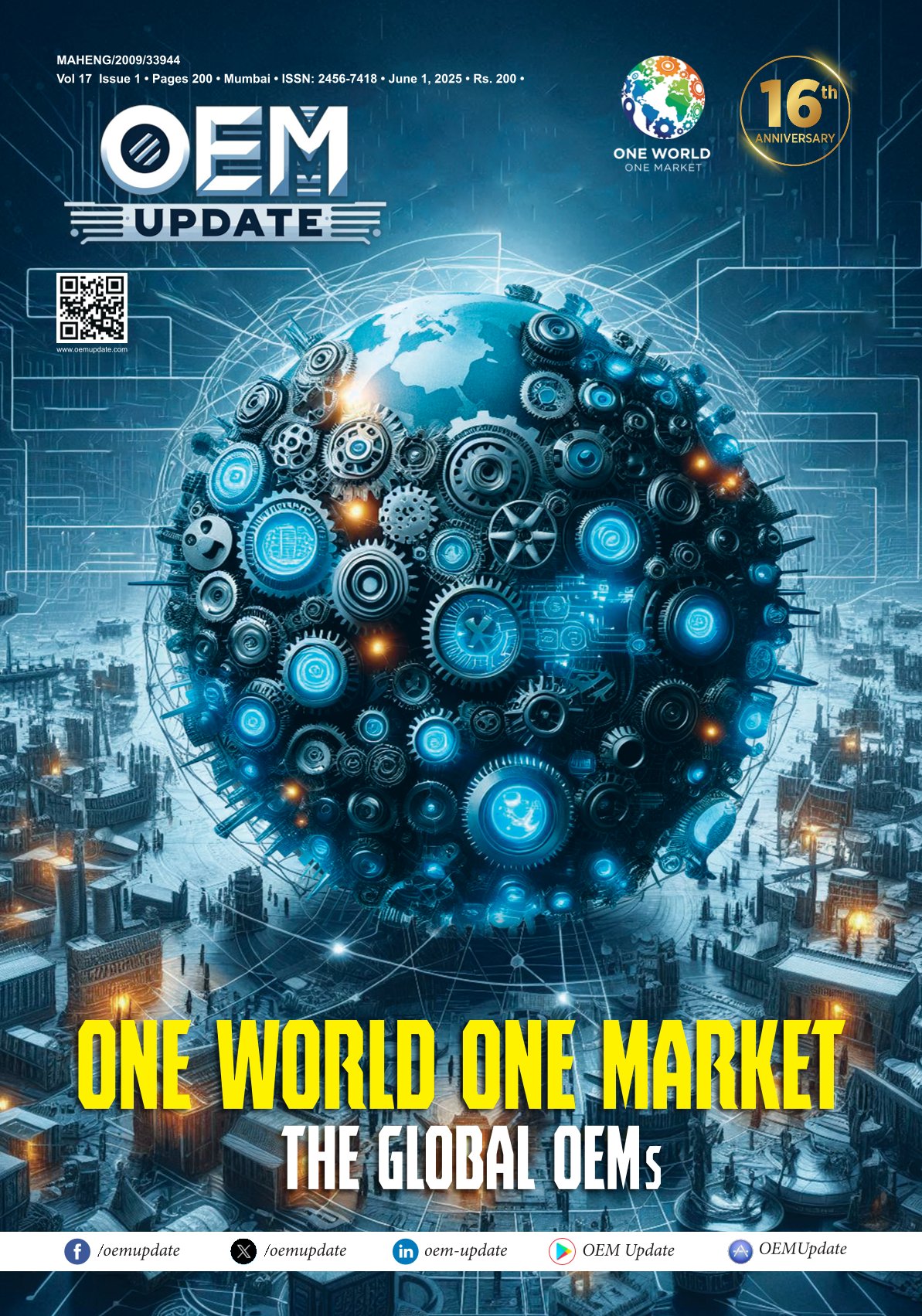Advanced vision technology stirs up manufacturing scalability
By OEM Update Editorial June 6, 2024 6:19 pm IST
Promoting India as a global manufacturing leader is the outlook of every manufacturer. Kiran Rudrappa, CEO and Co-Founder of Posspole discusses the impact of advanced vision technology, AI, and other cutting-edge innovations on manufacturing scalability.
How can manufacturers effectively scale their operations using advanced technologies and strategic approaches?
Manufacturers can adopt a combination of technologies and strategic approaches to scale their manufacturing effectively. Industrial robots are helpful in performing repetitive tasks quickly and accurately, freeing up human workers for more complex roles and reducing production times. Vision technology enhances robotic systems by improving adaptability and reducing errors in handling varied products and delicate operations.
The Industrial Internet of Things (IIoT) facilitates predictive maintenance and resource upgradation by allowing real-time data collection on material use, equipment performance, and environmental conditions. Artificial intelligence (AI) and machine learning (ML) analyse production data to identify patterns and inefficiencies, improving scheduling, quality control, and overall process strengthing. Additive manufacturing methods, like 3D printing, allow for the on-demand creation of complex parts and prototypes, reducing waste and enabling rapid prototyping. Lean manufacturing principles, such as Just-in-Time inventory management and the 5S methodology, help eliminate waste, reduce costs, and enhance operational efficiency.
How are advanced robotics enhancing precision assembly and productivity?
Integrating robots with high dexterity, precision, and advanced vision systems is crucial for effectively leveraging advanced robotics. Promoting robot work cells with appropriate end-of-arm tooling, jigs, and fixtures and incorporating sensors enhances operational efficiency. Using simulation and offline programming, establishing seamless human-robot collaboration, and fostering continuous improvement through data-driven decision-making is essential. These strategies improve production yields, reduce waste, expedite processes, and lower costs, giving businesses a competitive edge in the market.
Can you suggest the recent advancements in manufacturing operations?
Significant advancements include democratising robotics and making collaborative robots accessible to smaller enterprises. These robots enhance assembly tasks with greater precision and efficiency. AI-powered Manufacturing Execution Systems (MES) improve production processes through real-time data analysis, anticipating problems and enhancing scheduling. Advances in 3D printing technology facilitate the production of stronger, more intricate parts, ideal for customisation and low-volume manufacturing. The shift towards sustainability is evident in recycled materials and energy-efficient machinery. Further, the digital twins—virtual replicas of physical systems or products—transform product development and maintenance by simulating real-world scenarios.
How can manufacturing challenges be addressed to scale up processes effectively?Scaling up manufacturing processes can be achieved by streamlining manufacturing procedures, enhancing supply chain management, and improving quality control and inspections. AI aids this by utilising data to identify bottlenecks and inefficiencies, automating visual inspections, predicting equipment failures, and facilitating design and material selection. Evolving AI technology offers even opportunities for integrating human and machine collaboration, thus revolutionising the future of manufacturing.
How can organisations effectively cultivate a culture of continuous learning among their employees?
Cultivating a culture of continuous learning involves fostering a growth mindset, providing diverse learning opportunities, and empowering employees through knowledge sharing. Learning has to be integrated into daily workflows while tracking progress, and offering feedback is crucial. Celebrating learning achievements and encouraging employees to embrace challenges and learn from failures enriched the existing environment. Providing personalised learning paths, micro-learning opportunities, and peer-to-peer learning sessions ensures that learning is accessible, engaging, and effective.
What are the risks and challenges of scaling a business without adapting the operating strategy?
Scaling up without adapting the operating strategy leads to exacerbated inefficiencies, overwhelmed staff, and declined quality of work. A rigid approach reduces market responsiveness and competitive agility. Without innovation and adaptation, businesses risk stagnation and increased vulnerability to competition. Sustainable scaling requires continuous improvement, technology and workforce investment, and flexibility to adjust to market demands and operational challenges.
How is the Make in India initiative promoting India into a global manufacturing hub?
The Make in India initiative aims to exalt manufacturing by attracting foreign investments, enhancing domestic production, creating jobs, and fostering technological advancements. Offering incentives like tax breaks simplifies processes and encourages both local and foreign enterprises to invest in modern technologies. Thus, domestic production increases and import dependency reduces. Investment in skill development ensures a capable workforce, while infrastructure improvements provide a robust foundation for expanding manufacturing operations. Addressing bureaucratic efficiency, aligning skill-building programs with industry needs, and managing export versus domestic production balance is critical for leveraging the full potential of the initiative and positioning India as a global manufacturing leader.
Cookie Consent
We use cookies to personalize your experience. By continuing to visit this website you agree to our Terms & Conditions, Privacy Policy and Cookie Policy.















